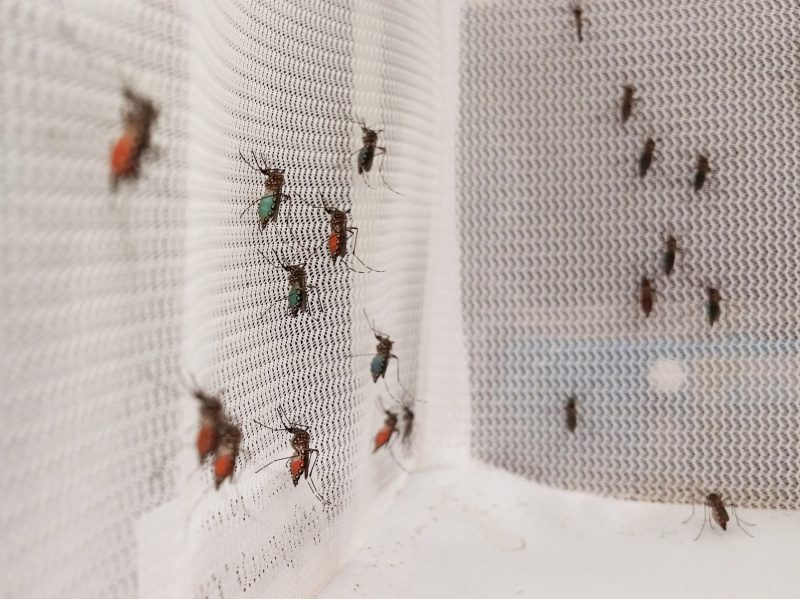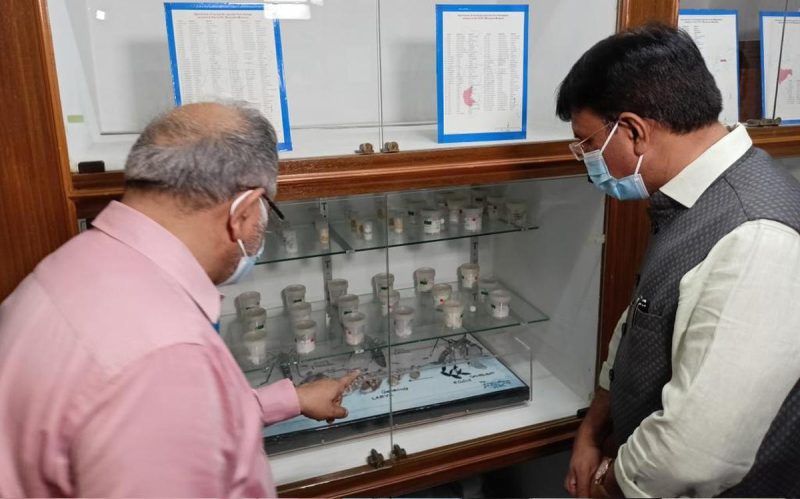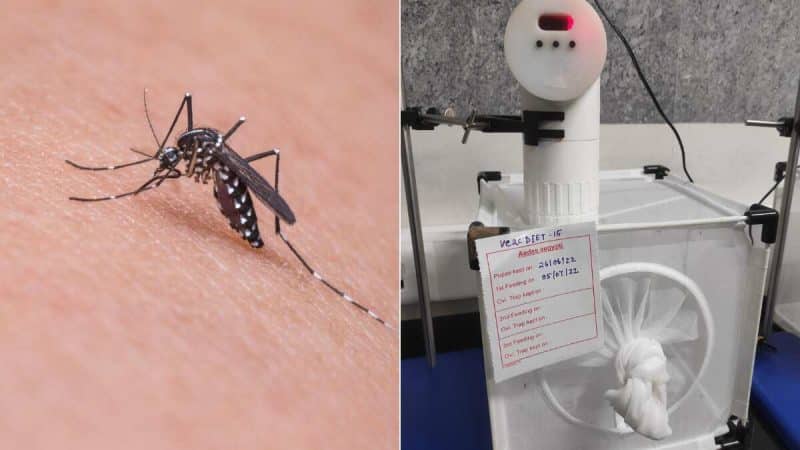An artificial diet for mosquitoes may be the next best thing in repelling these disease carriers. As of now, scientists are establishing a new way of keeping these mosquitoes from feeding on humans and animals. They are now raising mosquitoes, getting them ready to be released in the wild. This is a natural solution to beating the drastic increase of cases of mosquito-borne diseases and reducing their population. Using pesticides is becoming ineffective already. Resistance is building up in mosquitoes. It is time for a new, organic solution.

Why a New Solution Is a Need
Mosquitoes are deadly among the deadliest animals in existence. These mosquitoes tend to kill millions of people all over the world. Vaccines are not available for every mosquito disease. The current vaccines for Zika, chikungunya, and dengue are still in their trial stages. That is why scientists keep looking for better solutions to the growing mosquito problem.
Curtailing the spread of mosquitoes may involve introducing sterile, lab-grown mosquitoes into the wild. These raised mosquitoes may also carry bacteria that prevent the species from spreading the disease.
Lowering or Eliminating the Drive to Take In Blood

Male mosquitoes do not need blood to live. The female mosquitoes do. They need blood to nourish the eggs that they carry in their bodies. These eggs need blood to mature. Most of the blood they get is from farm animals. Blood does not last that long. That is why female mosquitoes have to keep feeding.
Researchers at the New Mexico State University came up with an artificial diet for mosquitoes. This diet could mean fewer biting incidents in humans and animals. The team studied and tested various nutrient sources for many years. This helped the scientists come up with a recipe that will act as an artificial diet for mosquitoes.
Scientists discovered that mosquitoes feed on iron and protein. Because humans eat meat, mosquitoes like to feed on them. These ingredients enabled the scientists to create a recipe good enough that mosquitoes can veer away from chickens, rats, or mosquitoes.
Researchers found out that female mosquitoes need a chemical that helps them keep eating until they become full. Female mosquitoes need to keep getting full to sustain their eggs. Scientists found out that the mosquitoes stop feeding when they do not sense this compound. This chemical is a sign that the animal is nutritious. This compound happens to be present in human blood—ATP (adenosine triphosphate).
The Key to the Artificial Diet for Mosquitoes

Creating the artificial diet for mosquitoes was a process. The researchers made a feeder. This artificial feeder has a membrane through which the mosquitoes eat the artificial food. The feeder has a temperature of 36 degrees C, which is almost the normal temperature of the human body. The researchers filed patent applications for the feeding device and the artificial diet for mosquitoes.
The scientists came up with four types of an artificial diet for mosquitoes. The mosquitoes accepted the synthetic diets that tasted so much like blood. The diets sustained the eggs that hatched like normal, healthy eggs. It was quite a challenge to maintain 36 – 37 degrees C in the feeder. The scientists did this with melted wax and warm water.
The artificial diet for mosquitoes is an effective alternative to the living flesh and blood diet of female mosquitoes. It effectively imitates a normal blood meal from vertebrates. Scientists are now using this method to sustain mosquitoes in captivity.

An artificial diet for mosquitoes can help prevent future generations of mosquitoes to have a better source of nutrients. With this diet and a feeder, animals and humans may become rare sources of food for the flying female skeeters. This would then reduce the cases of mosquito-borne diseases.